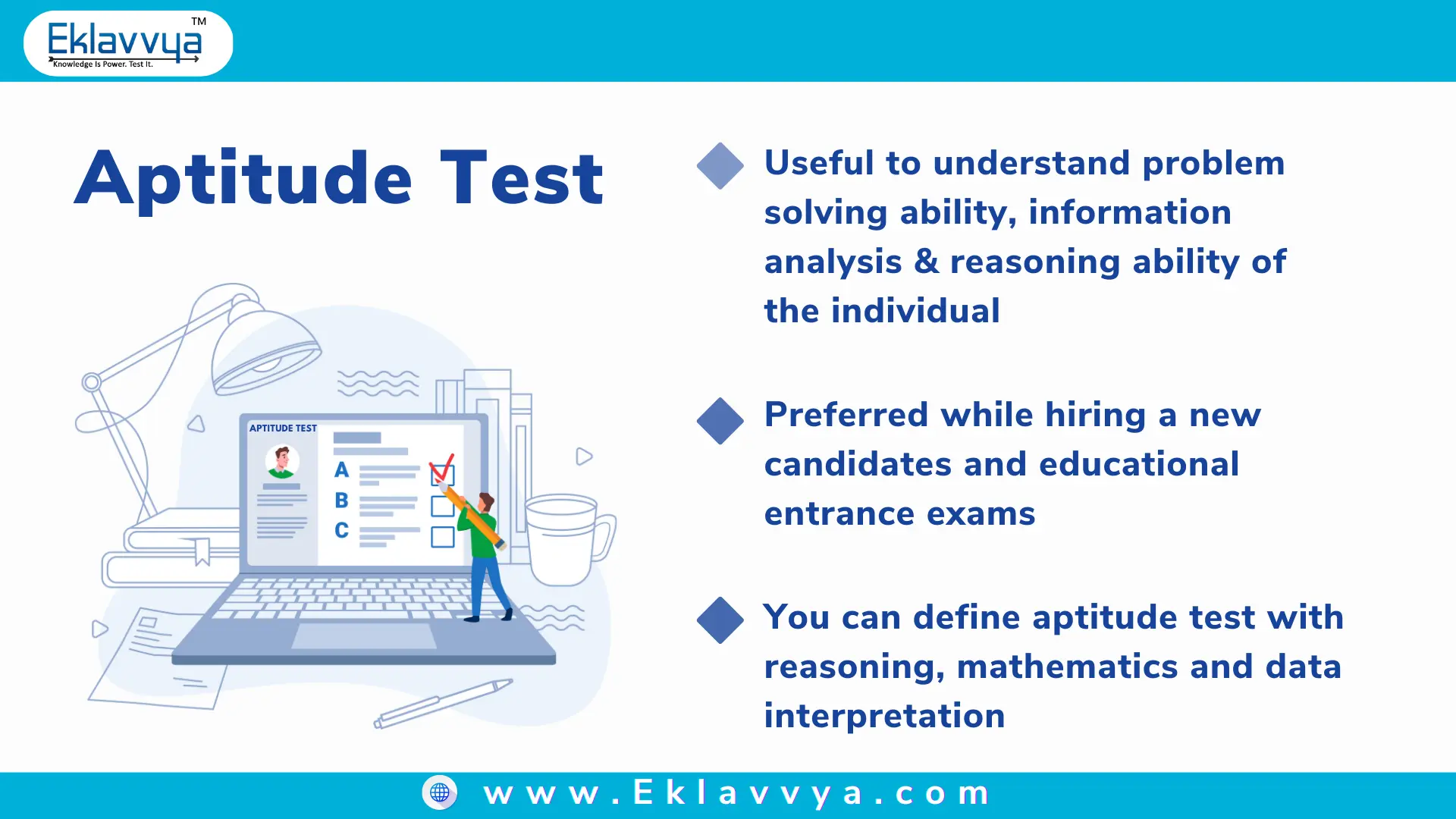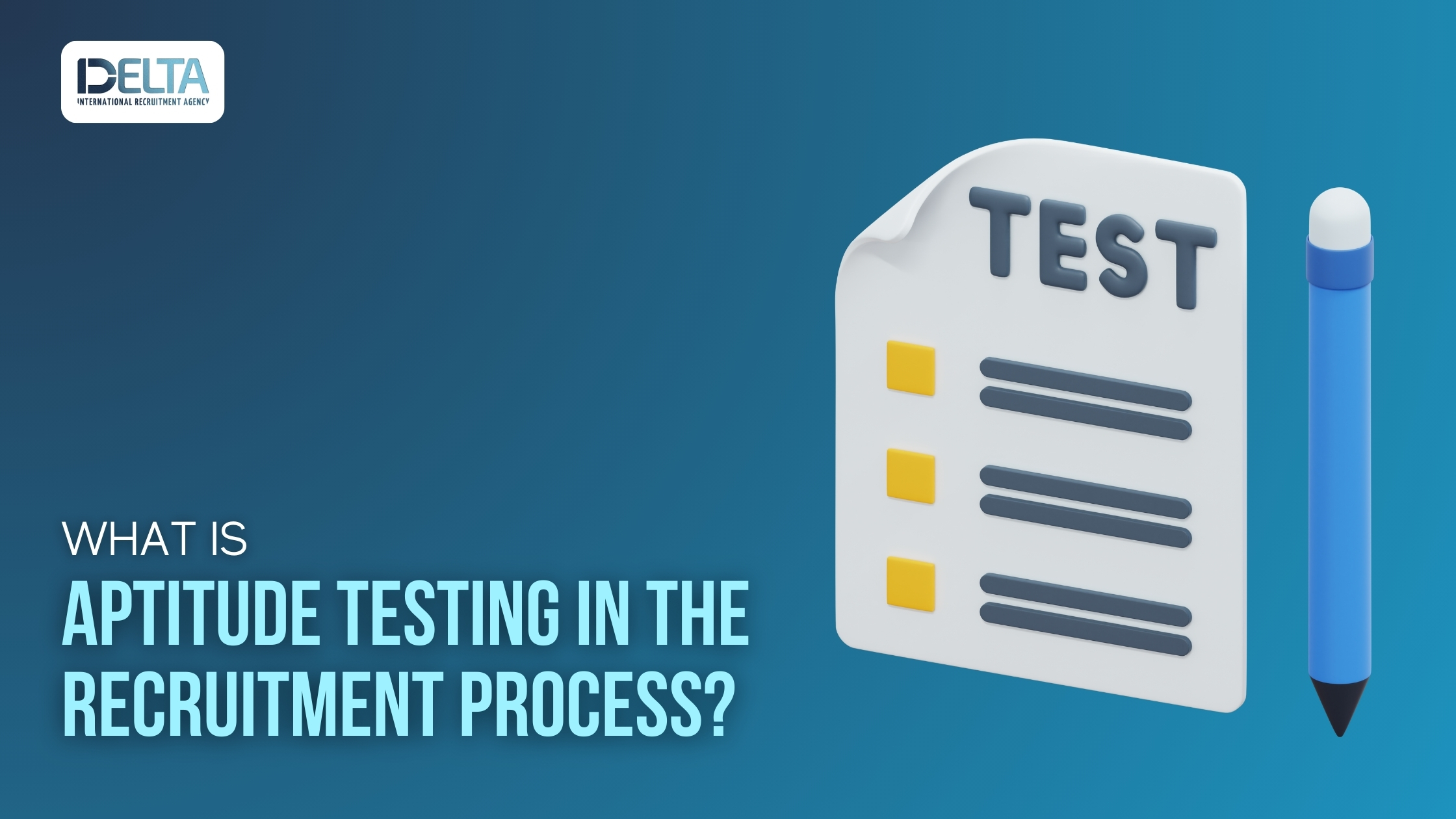Aptitude testing has become anintegral part of the recruitment process for many organizations. These testsare designed to evaluate a candidate’s ability to perform specific tasks andreact to a range of different situations. Here’s a comprehensive look at whataptitude testing involves and why it’s important in recruitment.
Understanding Aptitude Tests
Aptitude tests are structuredassessments that aim to measure a variety of skills, including cognitiveabilities, problem-solving skills, and job-specific competencies. They come invarious forms, including numerical reasoning, verbal reasoning, abstractreasoning, and situational judgment tests.
Types of Aptitude Tests
- Numerical Reasoning: Evaluates mathematical skills and the ability to interpret data.
- Verbal Reasoning: Assesses understanding and comprehension of written information.
- Abstract Reasoning: Measures the ability to identify patterns and logical rules in data.
- Situational Judgment Tests: Tests decision-making and problem-solving in work-related scenarios.
- Mechanical Reasoning: Used for roles requiring technical skills, assessing understanding of mechanical concepts.
- Spatial Ability: Measures the ability to visualize and manipulate 2D and 3D objects, important in fields like engineering and architecture.

Image Source: eklavvya.com
Benefits of Aptitude Testing in Recruitment
- Objective Assessment: Aptitude tests provide a standardized way to evaluate candidates, reducing biases that can occur in traditional interview processes.
- Predictive of Job Performance: These tests are strong predictors of a candidate's potential job performance, especially when combined with other assessments.
- Efficiency in Hiring: Automating the testing process saves time and resources by quickly filtering out candidates who may not meet the job requirements.
- Identifying Strengths and Weaknesses: Helps in understanding a candidate’s strengths and areas that may need development.
How Aptitude Tests Are Administered
Modern aptitude tests are oftenconducted online, allowing candidates to complete them remotely. This digitalshift offers several advantages:
- Convenience: Candidates can take the tests from anywhere, making the process more accessible.
- Security: Online platforms often include features to prevent cheating, such as remote proctoring and automated grading.
- Flexibility: Employers can customize tests to focus on specific skills relevant to the job.
Interpreting Test Results
Test results are typicallypresented as a percentile, comparing a candidate’s performance to a benchmarkgroup. High scores indicate strong abilities in the tested areas, while lowerscores can highlight areas for improvement. This data helps employers makeinformed hiring decisions and identify candidates who are best suited for the role.
Recruiting Talent Overseas
Aptitude tests can also be a vitaltool for recruitment agencies in Pakistan and other countries looking to hiretalent from abroad. These tests provide a consistent method for evaluatingcandidates from different backgrounds and educational systems, ensuring thatthe best talent is identified regardless of geographic location. Recruitmentagencies in Pakistan can streamline the process of finding qualified overseascandidates, leveraging aptitude tests to ensure that only the most capableindividuals are considered for roles.
In conclusion, aptitude testing in therecruitment process offers a robust, efficient, and fair way to assesspotential employees. By measuring key skills and competencies, these tests helporganizations make better hiring decisions, ultimately contributing to theirsuccess. Moreover, recruitment agencies in Pakistan can effectively use thesetools to recruit talent globally, ensuring a diverse and capable workforce.




























